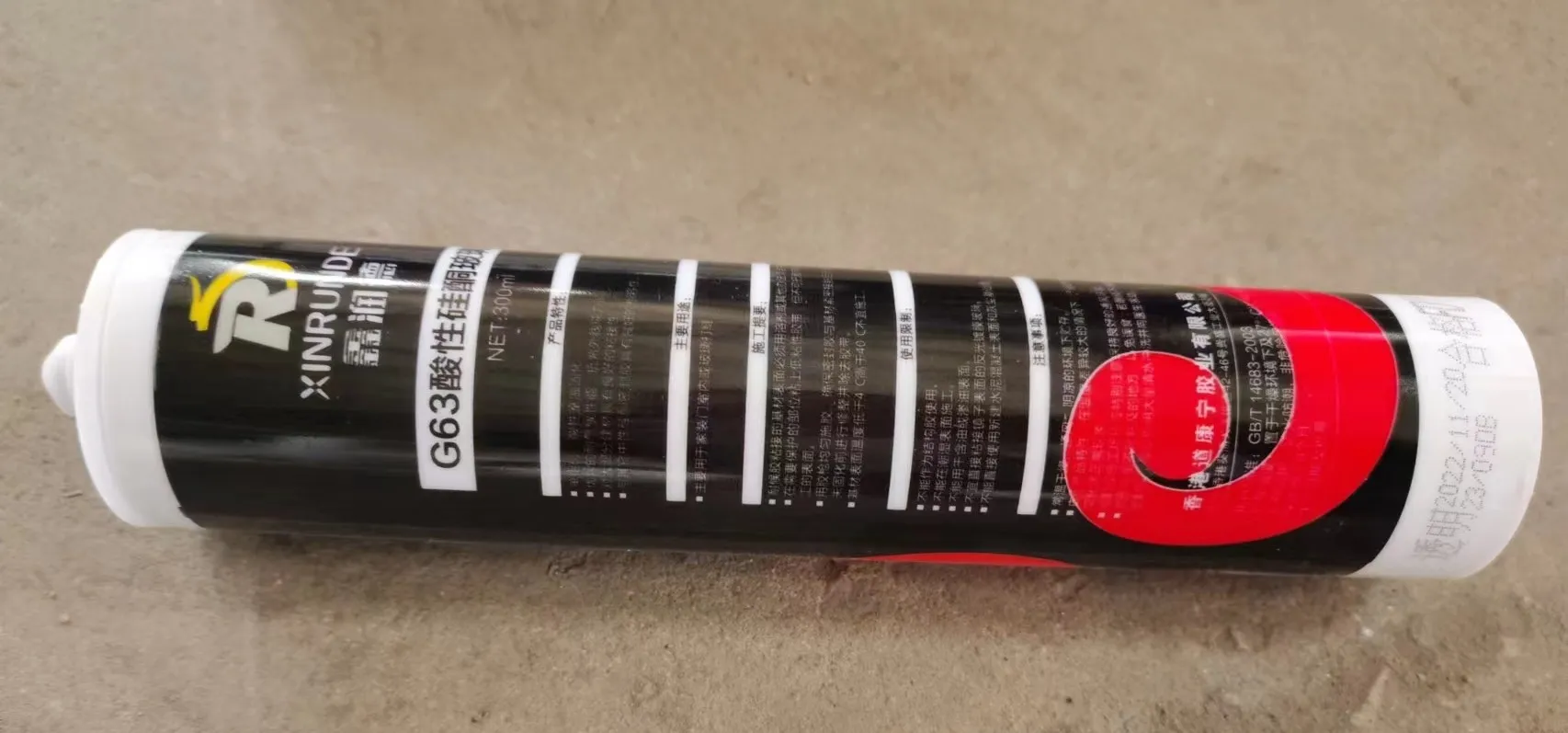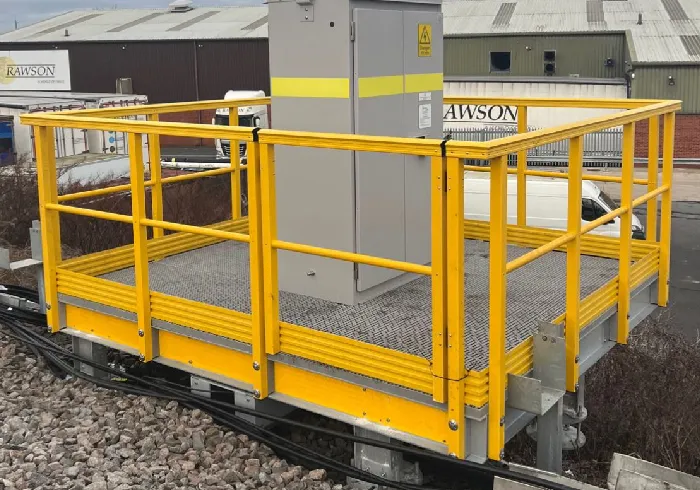loading...
- No. 9, Xingyuan South Street, Dongwaihuan Road, Zaoqiang County, Hengshui, Hebei, China
- admin@zjcomposites.com
- +86 15097380338
- Welcome to visit our website!
High-Efficiency Water Purifier Vessel – Durable Vessel Water Purifier for Clean Drinking
- Introduction to Water Purifier Vessel Technology and Its Growing Popularity
- Market Data Overview and the Surging Global Demand
- Technical Strengths and Unique Features of Vessel Water Purifiers
- In-Depth Manufacturer Comparison and Data Analysis
- Custom Solutions and Flexible Design Options
- Practical Application Cases Across Industries
- Conclusion: Future Trends and Water Purifier Vessel Innovations

(water purifier vessel)
Understanding the Water Purifier Vessel: Technology and Demand
The water purifier vessel
has revolutionized the landscape of residential, commercial, and industrial water treatment. These vessels take center stage in modern purification systems, offering superior safety, reliability, and flexibility. As the global population becomes more health-conscious, the expectation for purified, contaminant-free water soars correspondingly. In recent years, the demand for high-capacity vessel water purifiers has climbed steadily, underpinned by urbanization, water scarcity concerns, and tighter water quality regulations. According to Global Market Insights, the worldwide water purifier market exceeded USD 30 billion in 2022 and is projected to experience a 7.5% CAGR through 2030, with vessels constituting a rapidly growing segment due to their modularity and efficiency.
Market Data: Rising Demand and Penetration Rates
In order to understand the acceleration of adoption, it's essential to consider key market data. Urban household penetration rates for vessel-based water purifiers have doubled in the last five years, especially across emerging markets. Industrial applications report a 65% increase in vessel purifier installations since 2019. Notably, India's domestic sector has contributed to 23% of all new vessel water purifier purchases worldwide—a testament to shifting consumer priorities. Statistical analysis further reveals that up to 84% of new multi-stage purification systems include a dedicated purifier vessel, underscoring this technology's integral role.
Technical Advancements and Key Benefits of Vessel Water Purifiers
At the core of the vessel purifier's strength lie its advanced multilayer construction, pressure resistance, and flexible installation options. Most modern vessels are precision-engineered from high-grade stainless steel or reinforced polymers, ensuring durability even under continuous high-pressure operation. Key innovations include quick-release heads, modular cartridge fittings, and real-time monitoring valves. These technologies improve maintenance intervals by up to 40%, reduce downtime, and extend the lifespan of filter media. Furthermore, Nano-filtration and reverse osmosis integration enable highly selective contaminant removal: studies show that vessel-based systems can remove 99.8% of bacteria and 95% of heavy metals.
Manufacturer Comparison: Performance and Features Analysis
Selecting a suitable vessel purifier often requires detailed comparison between leading manufacturers. The following table highlights key specifications, price points, and feature sets from top brands:
| Brand | Capacity (Liters) | Material | Filtration Stages | Max Pressure (Bar) | Filter Replacement Cycle | Price (USD) | Unique Feature |
|---|---|---|---|---|---|---|---|
| AquaPure Elite | 40 | Stainless Steel 304 | 6 | 10 | 14 months | 540 | Adaptive Valve Monitoring |
| VesselMax Pro | 50 | Reinforced Polymer | 7 | 8 | 12 months | 600 | Quick-Release Cartridge |
| PureVessel Tech | 35 | Composite Fiberglass | 5 | 9 | 15 months | 485 | Nano-Filtration Layer |
| HydroGuard Ultra | 42 | Stainless Steel 316 | 8 | 12 | 18 months | 750 | Dual-Stage UV Sterilization |
The comparative analysis reveals considerable diversity: while HydroGuard Ultra commands the highest price due to its advanced UV sterilization, VesselMax Pro offers superior capacity yet at a moderate cost. Customers must consider operating environment, total cost of ownership, and technical support when making a decision.
Custom Solutions: Scaling Vessels for Diverse Requirements
As water treatment needs vary significantly by region and application, tailoring a vessel water purifier becomes essential. Manufacturers now offer custom sizing between 10 and 200 liters, enabling precise alignment with throughput requirements. Specialized liners, such as fluoride-resistant coatings, extend vessel life in challenging environments. For industries like pharmaceuticals, customizable modules can incorporate advanced pre-filtration, automated sanitizing cycles, and remote system health diagnostics. Leading suppliers also provide bespoke branding and color coding for commercial clients, facilitating easier fleet management. Integration with IoT platforms for predictive maintenance is gaining traction, reducing unplanned downtime by 38% year over year.
Application Cases: Proven Results Across Industries
The adaptability of vessel purifier technology is reflected in diverse real-world scenarios. For example, a 500-bed hospital in Singapore replaced its legacy system with a bank of 12 high-capacity vessels, reducing waterborne pathogen incidents to virtually zero and lowering maintenance costs by 27%. In the food and beverage sector, a major bottling plant in Brazil implemented modular vessel units rated at 60 liters each for their production lines, increasing operational uptime by 15% and achieving compliance with WHO water standards. Municipal utilities in Europe are deploying vessel water purifiers within rapid-deployment trailers to address emergency contamination, restoring safe supply within 3 hours in pilot studies.
Conclusion: Innovations Shaping the Future of Water Purifier Vessel Systems
In the drive towards sustainable water solutions, the water purifier vessel stands as a pivotal technology bridging safety, efficiency, and adaptability. As technical breakthroughs unfold—including AI-based filtration control, self-sterilizing surfaces, and fully recyclable vessel materials—the vessel purifier sector is poised for further expansion. Consumers and industry professionals alike are recognizing the critical balance between robust design and flexible integration. Looking to the future, vessel water purifiers will continue to deliver advanced protection and customization in a rapidly evolving water landscape, supporting global health and progress.

(water purifier vessel)
FAQS on water purifier vessel
Q: What is a water purifier vessel?
A: A water purifier vessel is a container designed to hold and purify water using built-in filtration systems. It ensures water is clean and safe for drinking. These vessels are commonly used in homes and offices for convenient water purification.
Q: How does a vessel water purifier work?
A: A vessel water purifier works by passing water through different filter layers inside the vessel. These layers remove impurities, sediments, and microorganisms. The result is purified and safe-to-drink water.
Q: What are the benefits of using a vessel purifier?
A: Using a vessel purifier ensures a continuous supply of clean water without electricity. It is portable, easy to use, and cost-effective for daily use. This makes it ideal for both indoor and outdoor activities.
Q: How often should I clean my water purifier vessel?
A: It is recommended to clean your water purifier vessel once every week. Regular cleaning prevents buildup of impurities and ensures effective purification. Always follow the manufacturer’s cleaning instructions.
Q: Can a vessel water purifier remove bacteria and viruses?
A: Many vessel water purifiers can remove bacteria, but not all are effective against viruses. Check the product’s filtration technology for virus removal. For complete protection, choose a model with advanced filtration features.
-
GRP Structures: The Future of Lightweight, High-Performance EngineeringNewsJun.20,2025
-
FRP Water Tank: High-Performance Storage for Corrosive and Clean Water SystemsNewsJun.20,2025
-
FRP Square Tube: The New Industry Standard for Chemical and Structural ApplicationsNewsJun.20,2025
-
FRP Pultruded Profiles: The Ultimate Choice for Lightweight Structural StrengthNewsJun.20,2025
-
FRP Handrails: The Safer, Smarter, and Stronger Choice for Modern InfrastructureNewsJun.20,2025
-
FRP Grating: The Smart Solution for Durable, Lightweight Industrial FlooringNewsJun.20,2025
-
Why Choose a Galvanized Water Tank for Your Storage NeedsNewsMay.21,2025
